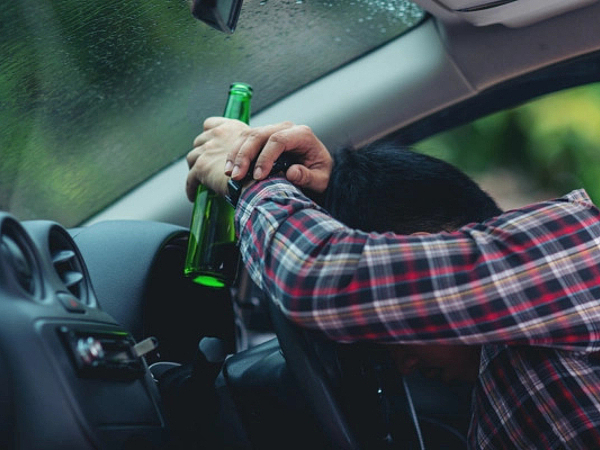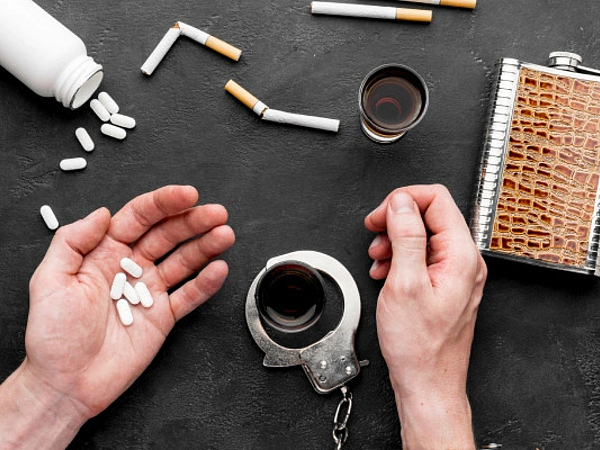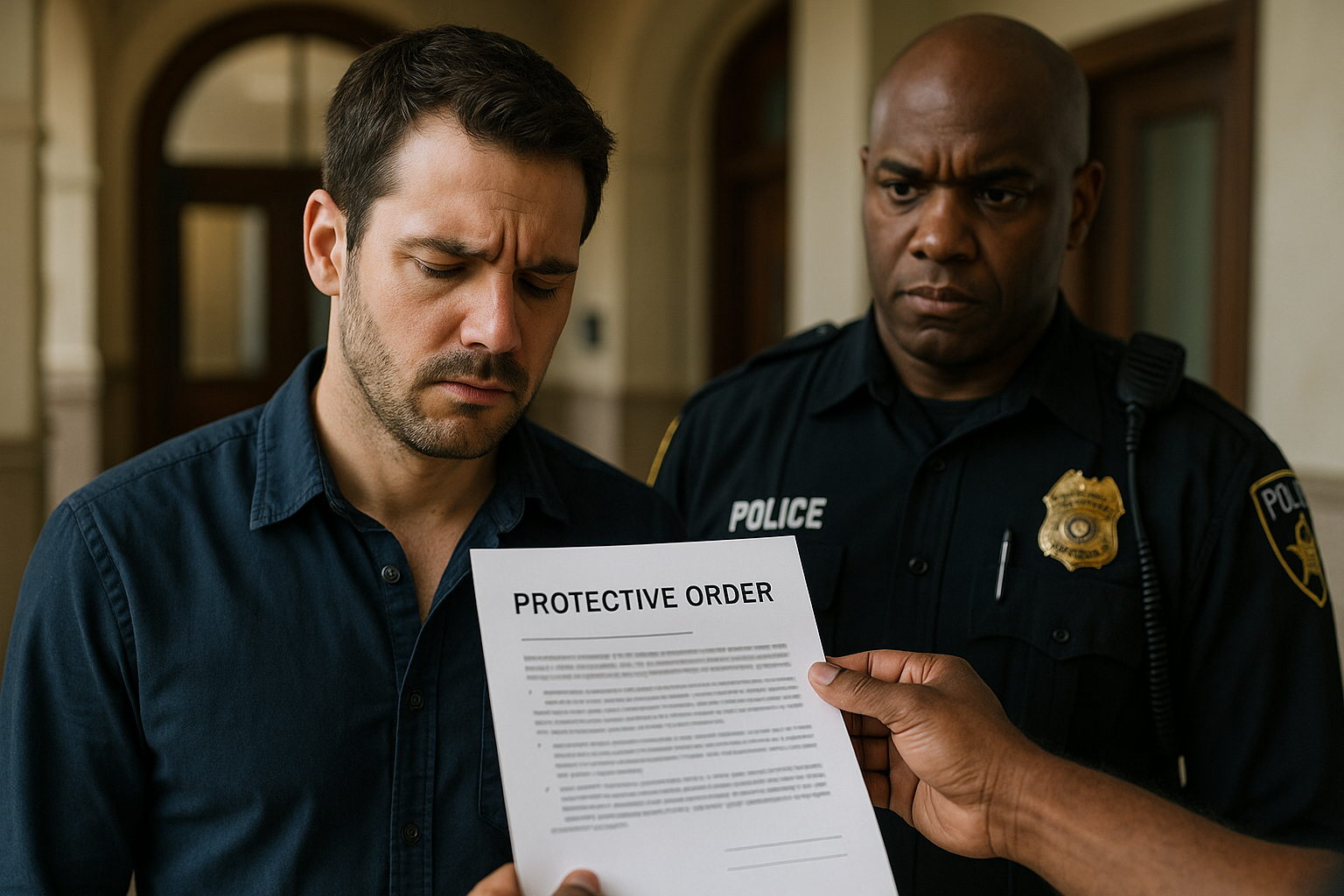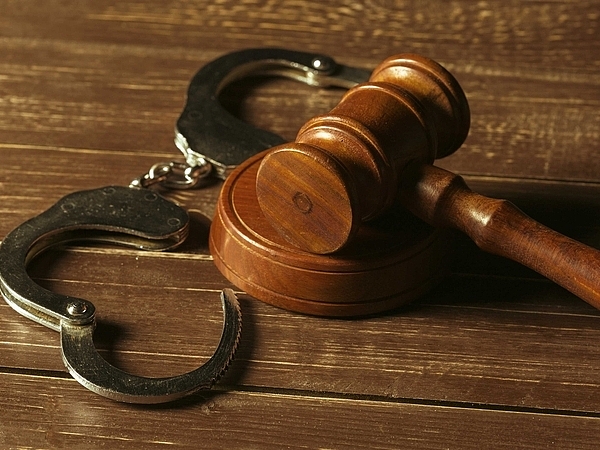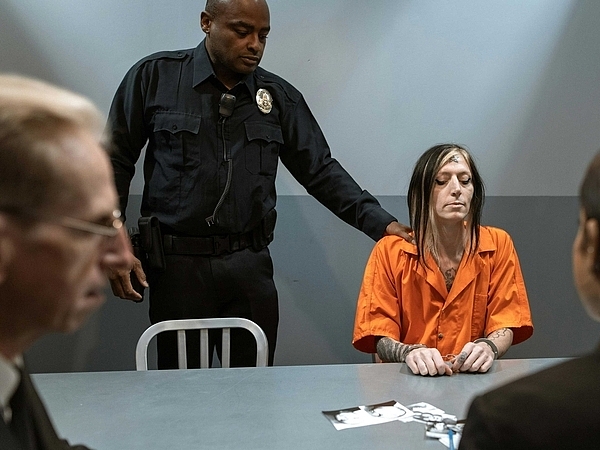Will the Arresting Officer Testify at Your Trial?
San Antonio Domestic Violence Incident Attorney
Interviewer: Does the arresting officer need to attend the trial?
Gary Churak: They do but most of the time they are at the scene after the fact. I did have a felony case where the police officer actually saw the assault happen. That is pretty good evidence but most of the time the officer responds after the fact. Anything the individual says unless they can try to get it in on an excited utterance or something like that is hearsay and not dismissible. For the most part, they need the complaining witness to come in and testify to make their case.
Can the Defense Call Witnesses to Testify on Their Behalf?
Interviewer: What about for the defense? Can they call some witnesses?
Gary Churak: If there are other witnesses to the situation and there’s a question of whether it was mutual combat it helps to have a witness. It just depends on how you’re going to prepare your case. Many of these cases are he-said, she-said situations.
It is Important to Document Any Physical Injuries Sustained in a Domestic Violence Incident
Most often, the only party who’s got evidence, such as pictures, is the complaining witness and the police. That’s one thing I always tell people that as soon as they can talk to a lawyer and they come in, if they’ve got any kind of marks on them or bruises or anything else like that, we need to get them documented.
Interviewer: You will have pictures taken of the injuries?
Gary Churak: Yes, we take pictures that clearly show the injuries. The photos can support the client’s version of a mutual combat incident.
‹ Back






